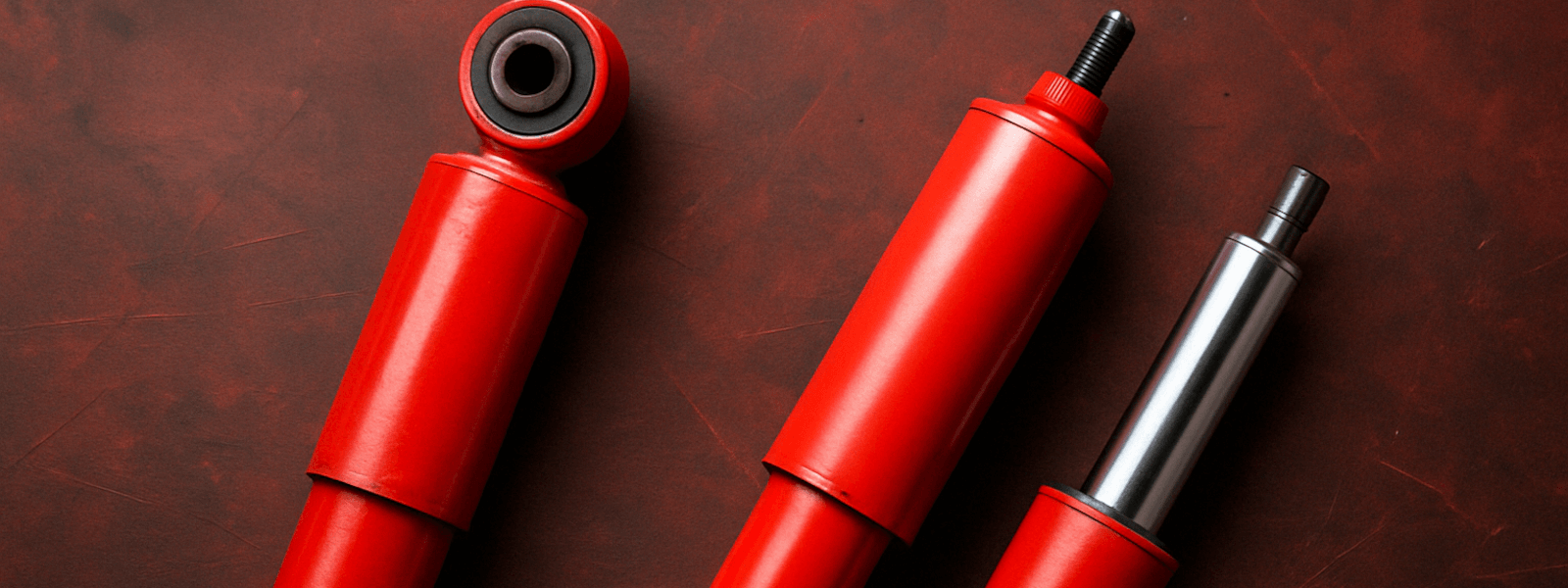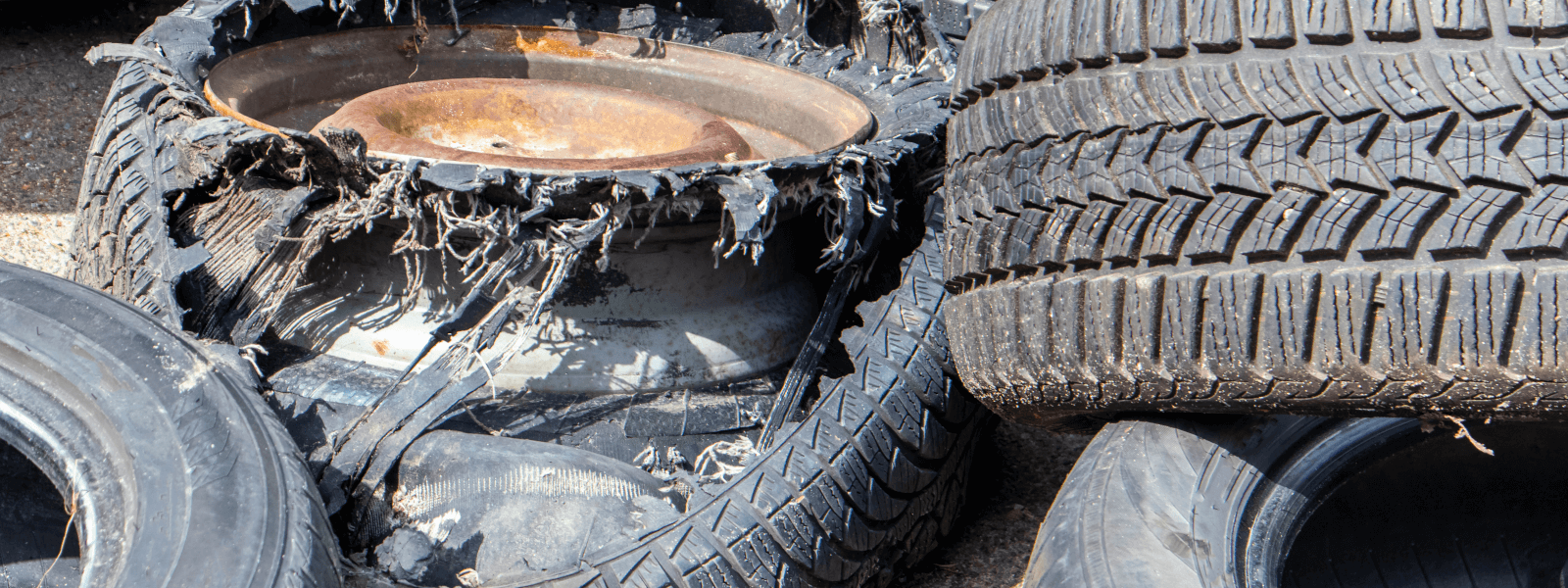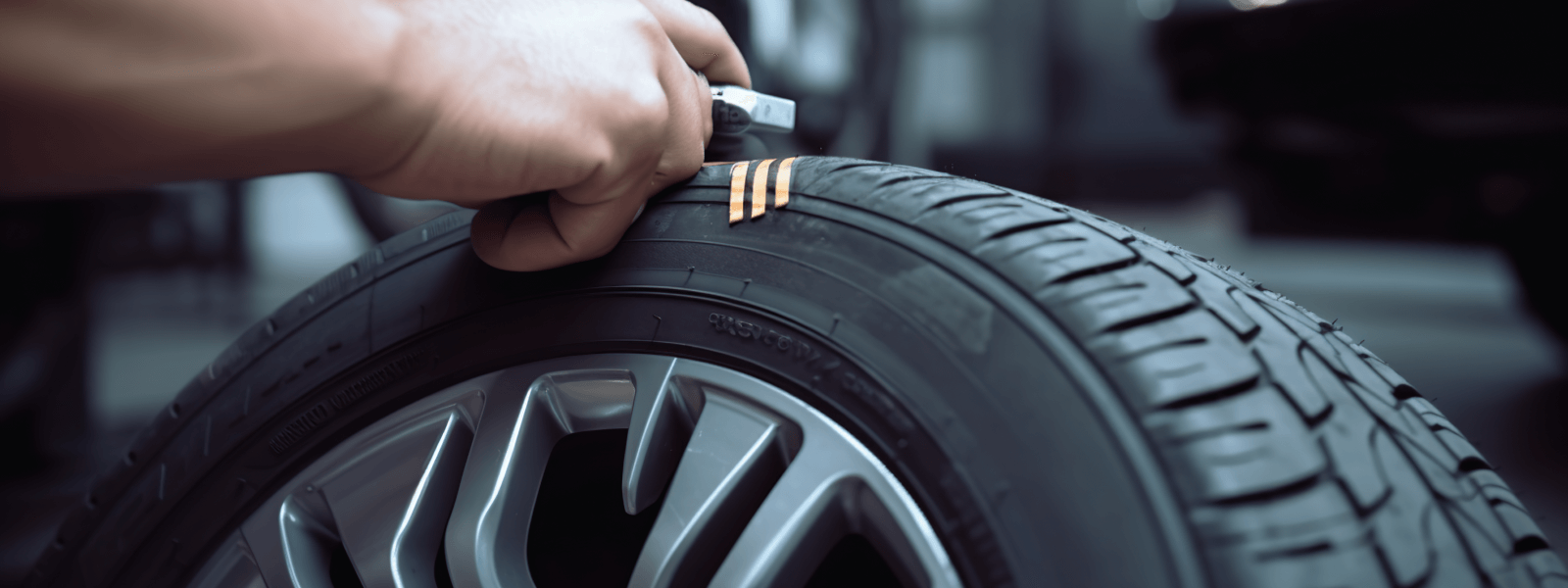Monotube vs. Reservoir Shocks: Understanding the Key Differences

Your vehicle’s suspension system is essential for how it handles various terrains, smooths out bumps in the road, and keeps everything stable.
At 395 Auto & Performance, we know that picking the right shock absorbers can significantly impact your ride comfort, durability, and overall performance.
For truck owners, off-road adventurers, and performance enthusiasts, two popular types of shock absorbers come to mind: monotube shocks and reservoir shocks. Both are crafted to improve your driving experience, but which one suits your vehicle best?
In this article, we’ll explore their differences, benefits, and uses to help you make a well-informed choice.
What Are Monotube Shocks?
Monotube shocks feature a single-cylinder design that contains both the shock fluid and nitrogen gas. In contrast to the twin-tube shocks often found in standard vehicles, monotube shocks excel in heat dissipation and responsiveness. Let’s dive into what sets them apart:
Advantages of Monotube Shocks
- Better Heat Dissipation:
With only one chamber, heat is more efficiently transferred away from the shock, reducing the risk of performance degradation.
- Improved Responsiveness:
The piston is larger than those found in twin-tube shocks, allowing for more precise handling and stability.
- Durability in High-Performance Use: Monotube shocks can handle aggressive driving, making them ideal for off-road and performance applications.
Disadvantages of Monotube Shocks
- Higher Cost Compared to Twin-Tube Shocks:
While they are more affordable than reservoir shocks, monotube shocks still cost more than stock options.
- Potential for Impact Damage:
Due to their single-tube design, they are more exposed to road debris and possible denting.
What Are Reservoir Shocks?
Reservoir shocks really elevate performance by adding an external oil reservoir, which can be set up either remotely or in a piggyback style. This extra reservoir boosts oil capacity, helping to cut down on heat buildup and enhancing shock performance, especially in tough conditions.
Advantages of Reservoir Shocks
- Superior Heat Dissipation: The additional oil reservoir prevents overheating, ensuring consistent performance even in extreme off-road conditions.
- Increased Suspension Travel: Because of the separate oil chamber, reservoir shocks allow for better articulation and flexibility, especially in lifted trucks and off-road builds.
- Adjustable Damping: Many reservoir shocks offer compression and rebound adjustments, allowing drivers to fine-tune their suspension setup for various terrains.
Disadvantages of Reservoir Shocks
- Higher Cost: Reservoir shocks are among the most expensive shock absorbers, making them an investment for serious off-roaders or high-performance drivers.
- Increased Maintenance Requirements: Additional components mean more moving parts that require periodic maintenance and potential servicing.
Monotube vs. Reservoir Shocks: Key Differences
Now that we’ve outlined the core features of both types of shocks, let’s compare them across some crucial performance factors:
Performance & Shock Fade Resistance
Monotube shocks definitely offer a noticeable upgrade in performance compared to stock shocks, but they can still run into shock fade if you push them hard for too long.
On the flip side, reservoir shocks are built to tackle this problem head-on, ensuring they keep delivering top-notch performance even in the most demanding situations.
Durability & Longevity
Both types of shocks are designed to last, but monotube shocks tend to be more prone to dents and other damage. On the other hand, reservoir shocks are built to perform better, though they do need a bit more maintenance to keep them working at their best.
Cost & Value
If you're looking to improve your ride without breaking the bank, monotube shocks are a fantastic choice. But if you're after top-notch off-road performance and speed, reservoir shocks are where you'll find the best control and stability.
Choosing the Right Shock Absorbers for Your Vehicle
No matter if you're behind the wheel of a daily commuter, an off-road powerhouse, or a high-performance ride, choosing the right shock absorbers really comes down to your unique needs and the driving conditions you face.
Here at
395 Auto & Performance, we pride ourselves on offering custom suspension solutions that guarantee the perfect setup for your vehicle. If you're feeling a bit lost on which shocks to choose, don’t hesitate to reach out to our team for expert advice and installation services!

Real-World Applications: Which Shock Is Best for You?
Choosing between monotube and reservoir shocks really comes down to your driving habits and the types of roads you tackle.
Let’s break down which shocks work best for various driving situations:
Daily Driving & highway Use
Monotube shocks are your go-to for a smoother ride. They give you better feedback from the road and improve handling compared to standard factory shocks, all without costing a fortune.
Off-Road Adventures & Rock Crawling
When it comes to extreme off-road conditions, reservoir shocks shine. They resist shock fade better and offer the flexibility you need for navigating tricky terrains.
High-Performance Towing
If you often tow heavy loads or navigate rough roads, reservoir shocks are the way to go. They provide the stability, durability, and enhanced control your vehicle needs.
Making the Right Choice for Your Vehicle
Both monotube and reservoir shocks can really enhance your vehicle's performance compared to the stock suspension. If you're on a budget but still want to boost your handling and ride comfort, monotube shocks are a fantastic option.
On the other hand, if you're after top-notch off-road performance and superior control at high speeds, reservoir shocks are the way to go.
At 395 Auto & Performance, we take pride in offering expert advice and top-quality suspension solutions. Whether you need guidance on selecting the perfect shocks or require professional installation, our dedicated team is ready to help.
Reach out to us today, and let’s get you set up with the ideal suspension for your driving needs!
FAQs About Remote Reservoir Shocks
Do reservoir shocks make a difference for everyday driving?
While reservoir shocks can really boost performance in tough situations, they might not be needed for your daily drive. Monotube shocks usually strike a nice balance between comfort and handling, making them perfect for everyday use.
Are monotube shocks good for off-road driving?
Absolutely, monotube shocks tend to outperform twin-tube shocks when it comes to off-road conditions. But if you're tackling some really tough trails, reservoir shocks are the way to go since they offer extra heat dissipation and durability.
How often should reservoir shocks be serviced?
Reservoir shocks need regular upkeep, usually every 15,000 to 30,000 miles, based on how they're used. This maintenance involves checking for any leaks, swapping out seals, and making sure the nitrogen charge levels are just right.
Can I switch from monotube to reservoir shocks without modifying my suspension?
Most vehicles can switch to reservoir shocks without needing significant modifications, but it's important to check the mounting brackets and ensure there's enough space for everything.
Are reservoir shocks worth the extra cost?
For dedicated off-roaders, performance junkies, and anyone who regularly tows heavy loads, reservoir shocks provide exceptional performance and durability, making them a smart investment.
Why 395 Auto & Performance Is the Leader in Shock Services
When it comes to shocks, shock replacement, and shock rebuilding, 395 Auto & Performance is recognized for our experience, expertise, and local knowledge.
We know the specific challenges that Riverside County roads, trails, and climate present for your vehicle.
✅ Certified technicians who specialize in suspension systems
✅ Access to premium
shock absorber
brands and rebuild kits
✅ Local knowledge of
desert, mountain, and highway
driving conditions
✅ Honest, upfront pricing and advice
Whether you’re starting to see signs of shock wear or gearing up for a complete suspension overhaul, we’re here to ensure your ride remains smooth, safe, and prepared for anything the road—or trail—might present.







